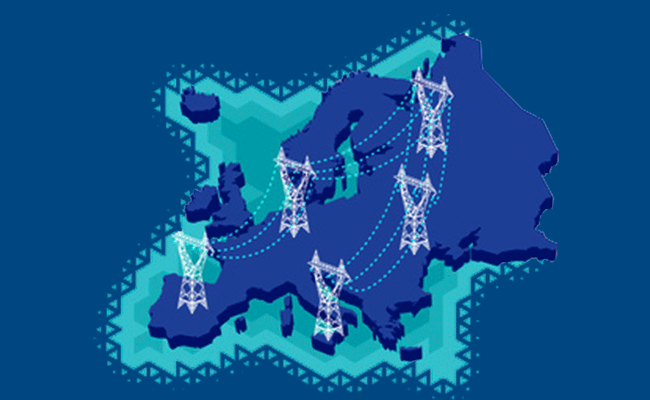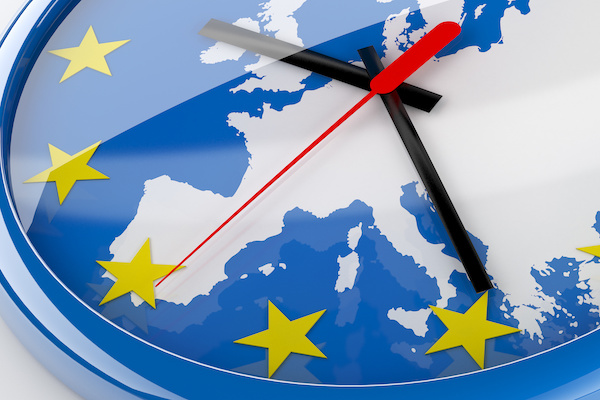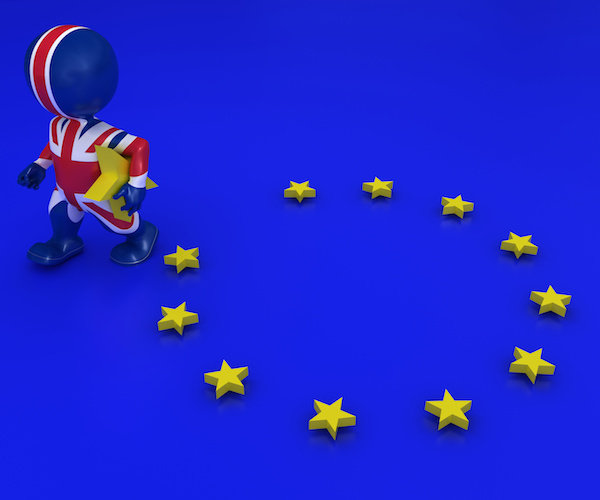24 September 2015
UFE-BDEW’s STUDY: A quantitative contribution to the european debate ON electricity security of supply, in the medium-term


The study, conducted by the UFE and his German counterpart BDEW, is now online at www.ufe-electricite.fr. As the result of a whole year of joint work, the study provides a substantial contribution to the current European Commission’s consultation on the future electricity market-design. Built on statistical models, this Franco-German study shows how the current energy market would be much more efficient, if completed by a capacity mechanism, to trigger the investments needed to ensure the security of supply in the medium / long term …
The need to fight against climate change requires, today, a paradigmatic shift in the energy mix. The priority is to reduce CO2 emissions and, consequently, the use of fossil fuels, particularly oil and coal. Therefore, the European power system will necessarily grow and the role of carbon-free electricity will become fundamental. But, due to the changing consumption patterns and the increase of renewable energies, the electrical system has to evolve. In fact, it becomes increasingly exposed to weather variations, threatening the security of supply in the medium and long-term. To address those concerns, we should invest in new highly flexible and efficient generation assets and innovative technologies, as storage or demand-response.
Back to market rules
So, what is happening today? The current design of electricity market, known as the “energy-only market”, provides perfectly the short-term equilibrium of electricity supply and demand, but it doesn’t generate the necessary price signals to ensure the investments needed for the security of supply in the medium/long term. Hence, the massive use of subsidies, resulting in negative effects we already observed: additional costs to consumers, lack of competition for investments, barriers to innovation.
Challenged by those risks, European Member States react. They set up complementary mechanisms to secure their power systems. France opted for a market-based solution, adopting a capacity obligation mechanism. On the opposite, the German government opted for a capacity reserve, a subsidy scheme that will remunerate some power plants necessary to ensure its security of supply.
A first in the current European debate: the UFE/BDEW quantitative study
Beyond all political orientations, the ones that invest and ensure the security of supply are, finally, energy utilities and industrials. That’s why, aware of the amplitude of the challenge, French and German utilities have joined their efforts to compare different scenarios of the functioning of the energy-only market: considering the implementation, or not, of a capacity mechanism and the convergence, or not, of French and German approaches. This kind of statistical study is a Première in the EU. It assesses different market conditions according to three main criteria: the degree of electricity security of supply, the costs for the consumers, the incentives for industries to invest and, therefore, to innovate.
To take into account the EU climate and energy targets, the study models a 70% carbon-free electricity generation mix, with 40% of RES for the France/Germany area. 50 representative climate scenarios have been taken into account. The results highlight very clearly the limits of the energy-only market: profitable conditions for investors occur in only 7 years, out of the 50 analyzed. Nobody can foresee if and when those extreme years will finally happen. And the uncertainty will be too high to invest. Then, the energy-only market can cause real threats to the security of supply.
Capacity markets are complementary to the energy-only market
The investments needed to ensure security of supply are very risky, that’s why, today, we notice a strong increase of public subsidies in Europe. If 90% of the required investments are today subsidized, can we really talk about a competitive market? The study confirms, beyond ideological positions, that capacity markets are indispensable complements to the energy-only market. They don’t distort the functioning of the market. Instead, they allow a fair competition between all technologies (generation, DSM, storage), without distorting the market and without any public intervention.
In the end, the general welfare of the power system will be improved: less uncertainty about future investments, free competition between technologies and, therefore, more innovation. Finally, the customer sees its security of supply improved, and its comfort, without any increase of its electricity bill!
The annual symposium of UFE, which will take place in Paris the 8th of October with the extraordinary participation of Maros Sefcovic VP of the European Commission for the Energy Union, will discuss those strategic issues related to security of supply, competitiveness and innovation for the European power system.
Find out more
02 June 2020
“Long live Europe”: it’s time for Europe!
25 February 2020
Brexit: love last 47 years


About us
The Union of the French Electricity Industry is the trade association of the French electricity sector. We bring together companies from the whole value chain of the electricity industry.
Find out more










